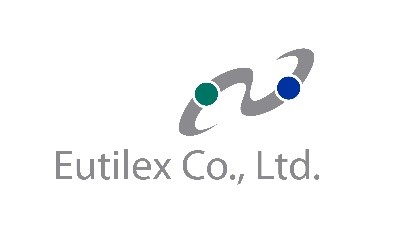Eutilex said it has resumed the clinical trial of immunotherapy EBViNT, 30 months after the regulator suspended the trial.
The resumption took longer than the market expected, but it draws attention to whether Eutilex will compensate for the delayed development.

On Tuesday, the company said that it administered the EBViNT, a treatment for natural killer T (NK/T) cell lymphoma and gastric cancer, to the first patient in the phase 1/2a trial.
EBViNT was first cancer antigen-specific immune T-cell therapy candidate in Korea.
However, the Ministry of Food and Drug Safety found that submitted data and data investigated by the regulator differed during the phase 1/2a trial in 2019.
In April 2019, the ministry suspended the trial.
In February 2021, the MFDS allowed Eutilex to resume the study.
In July, the company sought additional indication for solid cancer in the phase 1/2a trial and recently won the nod.
The trial will take place at five institutions, including Samsung Medical Center and National Cancer Center.
According to Eutilex, the phase 1/2a trial with additional indication will be on 72 patients with EBV-positive NK/T-cell lymphoma and gastric cancer.
The company will investigate the safety and efficacy of EBViNT, which is based on 4-1BB-based isolation of cancer antigen-specific killer T cell and mass production platform technology.
Eutilex said the experimental drug showed complete response (CR) in two patients and partial response (PR) in two out of eight patients with end-stage cancer in the previous investigator-initiated phase 1 trial. In addition, the drug proved a 50 percent objective response rate (ORR), the company said.
Eutilex said it doubled the drug dosage in the recent study for NK/T cell lymphoma compared to the previous trial.
It raised expectations for the trial outcome, saying the purity of immune T cells was significantly improved.
According to Eutilex, EBViNT is autologous cell therapy, using blood from EBV-positive lymphoma and solid cancer patients and re-administering the mass cultured cancer antigen-specific T lymphocytes.
The company said that the drug could minimize treatment side effects, reduce tumor size, prolong progression-free survival, and extend overall survival.
“As the study will test the T cell therapy in EBV-positive gastric cancer, too, we can pioneer a new market where the standard of care is missing. We’re greatly anticipating excellent results,” said Choi Soo-young, CEO of Eutilex. “Although the study will be for rare cancers, we are collaborating with many hospitals for our research. So, we will proceed with the drug administration as quickly as possible and derive good results.”

